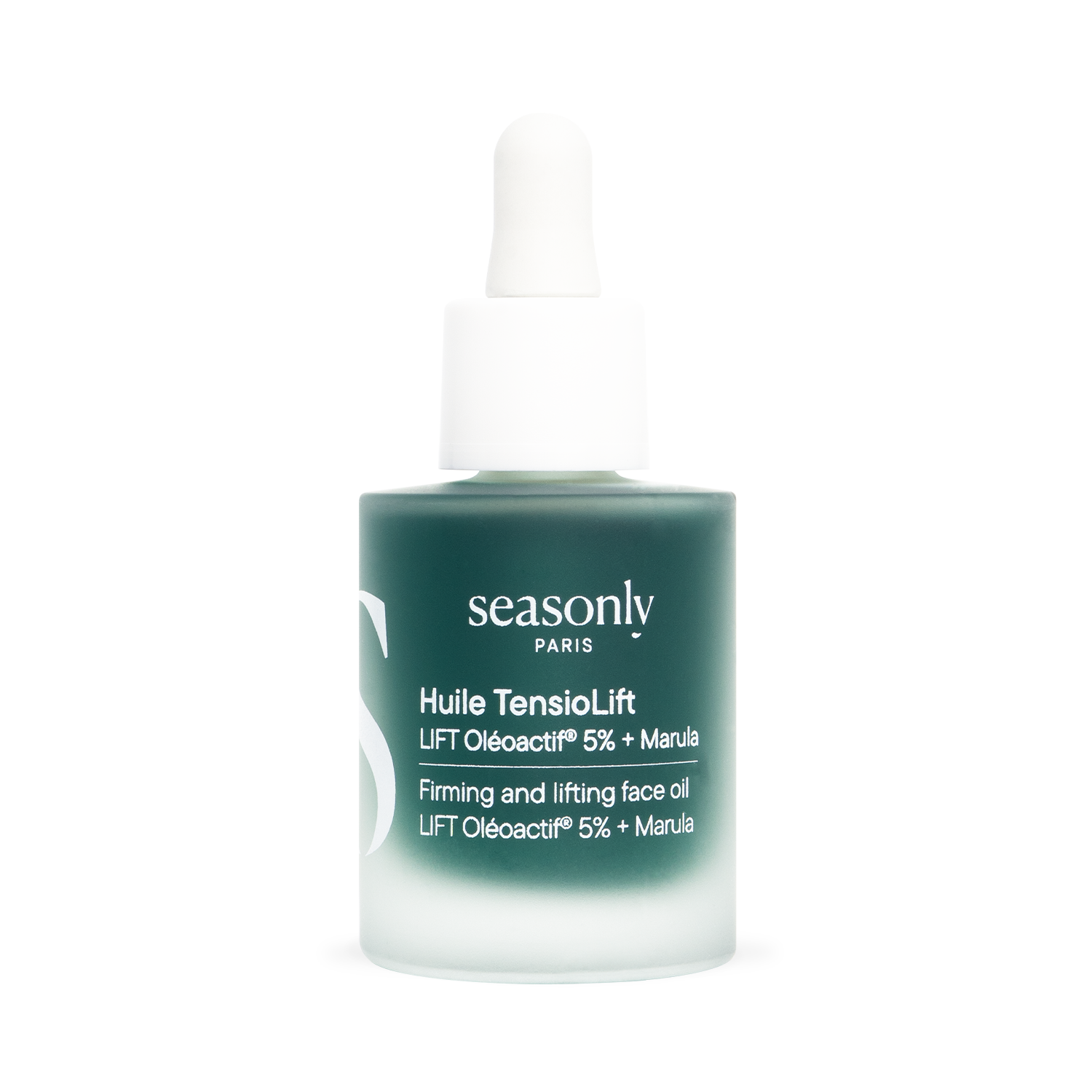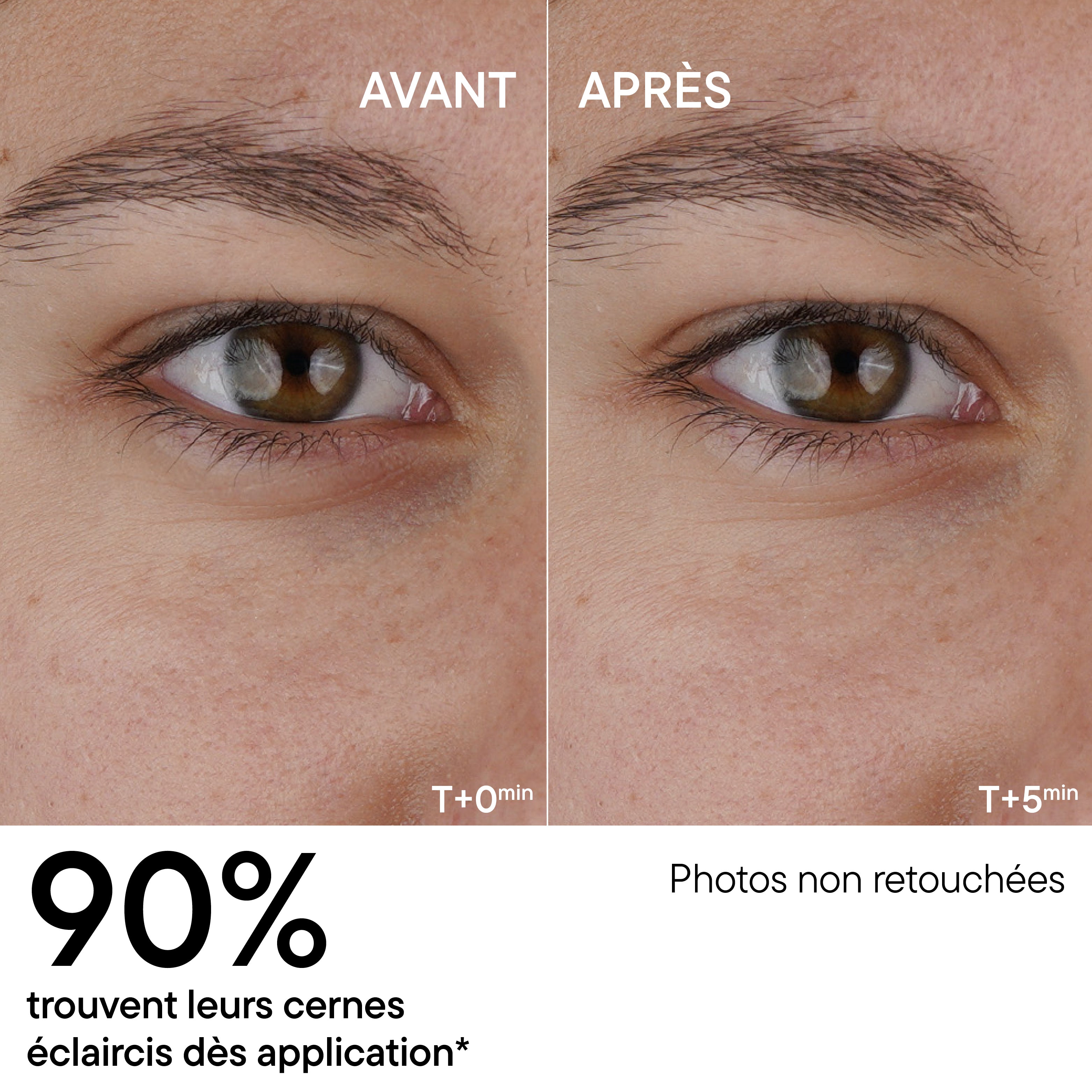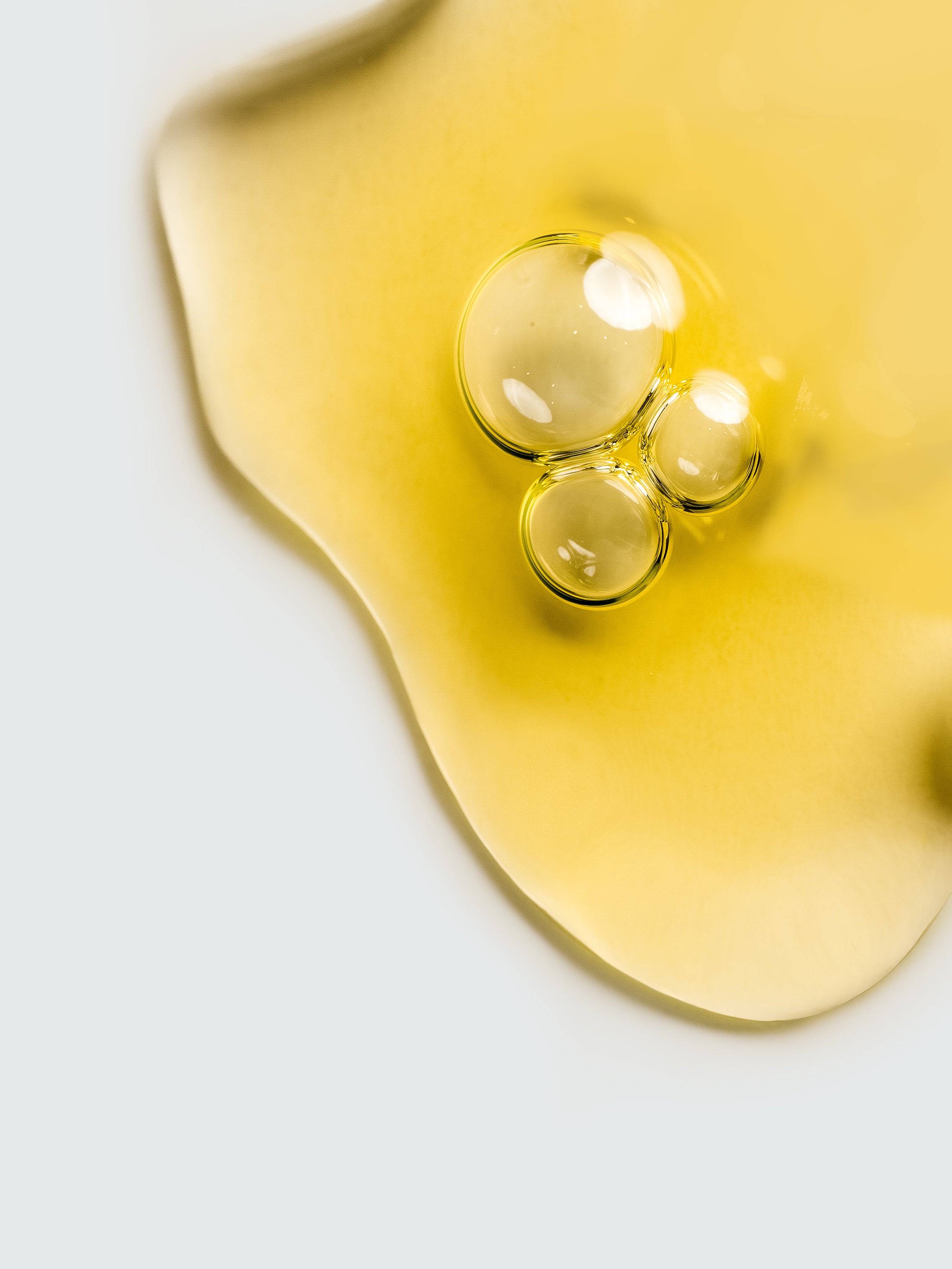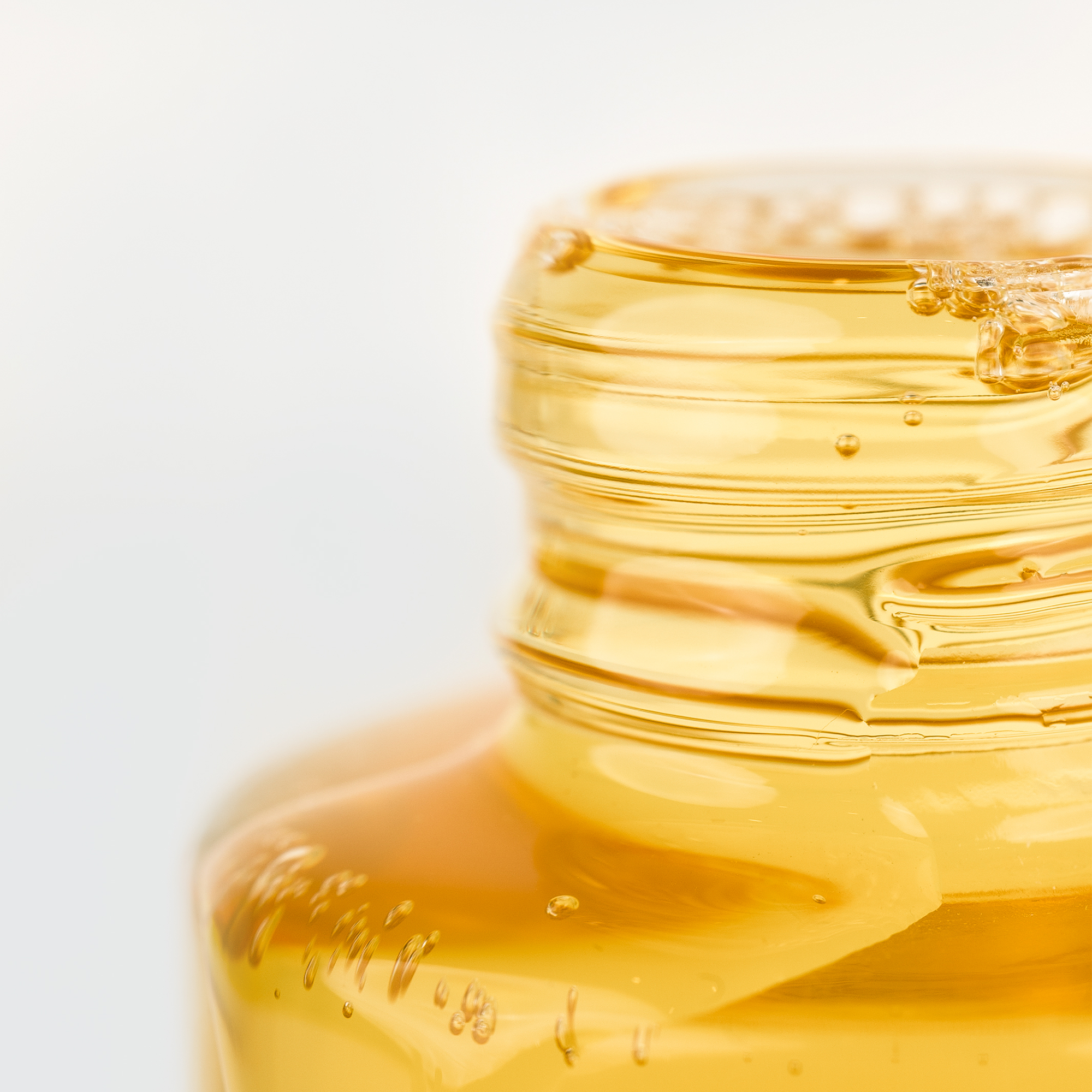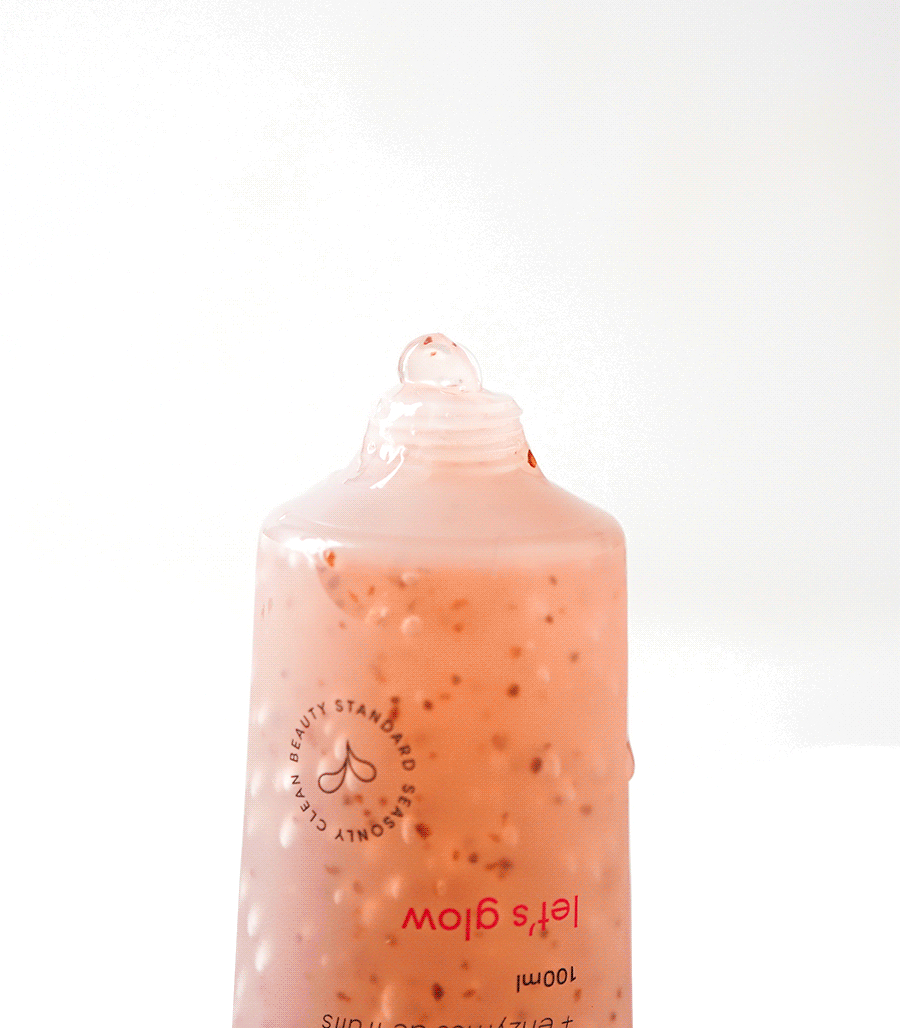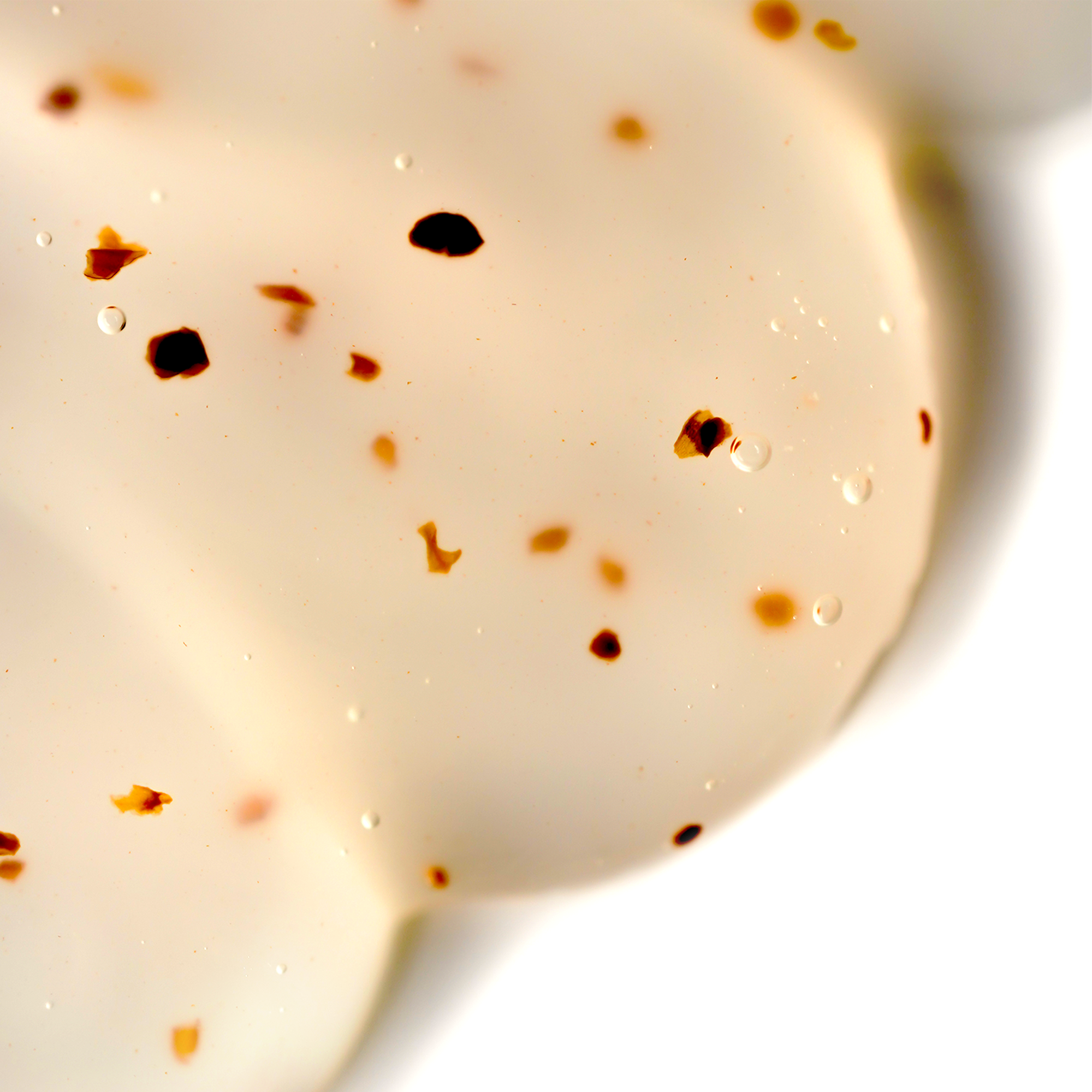Why is nighttime the most important time for your skin?
Have you ever heard of skin chronobiology? Just like our body, our skin has its biological clock. It is therefore this science which studies the rhythm of functioning of our epidermis. So we can see 4 key stages during the day, of which night is the most important stage.
Nighttime is the time when the skin is most receptive to care. While you are at rest, it works to repair and regenerate itself; This is called the process of cellular regeneration.
We explain everything about the different processes that take place at night:
1. Cellular regeneration
During the night, the skin regenerates and repairs itself because this is the time when stem cells renew themselves most quickly. They replace the dead cells which gradually reach the surface of the skin (these are the ones responsible in particular for dull/blurred complexion). Repair processes such as collagen and elastin production also occur at night.
2. Transepidermal water loss
Unfortunately, at night the skin tends to lose a lot of water due to the cell renewal process. This is called transepidermal water loss . This phenomenon is accentuated if you tend to heat your room too much, and even more so if you have electric heating which tends to make the air extremely dry. The best action to prevent this loss of water is to apply a moisturizer and seal in this hydration with an oil. The oil will form a protective film on the skin which will prevent water from escaping. Otherwise, the skin will lose its natural regenerative capacity.
3. Repair
If the skin is more receptive to treatments and products during the night, it is because it is not exposed to elements such as the sun, pollution and environmental stress, etc. During the day, it is in general busy defending herself against external aggression, which allows her to work on its repair in the evening. The skin then focuses on repairing damaged cells during the day.
4. Elimination of toxins
During the night, the skin also begins a tissue detoxification process. This helps flush out toxins accumulated throughout the day. This is why it is all the more important to massage yourself every evening; by activating your lymphatic system you allow a first part of the accumulated toxins to be evacuated. So remember to always do the movements carefully, ending towards the lymph node areas located at the ends of your face or at the level of the collarbones in order to optimize this drainage. This will allow your skin to have a little less work to do while you sleep.
5. Boosting blood microcirculation
Between 11 p.m. and 4 a.m., skin microcirculation is activated to provide the energy necessary for cell renewal. Blood circulation, particularly active during the night, also ensures efficient distribution of nutrients and vitamins to the skin. Here again, massage is an important step before going to sleep, since massaging the skin stimulates blood microcirculation. This helps “warm up” the skin before it begins this process. Enough to look good when you wake up the next morning!
This is why it is important to take care of your skin before going to bed by using moisturizing and nourishing products to help the skin regenerate overnight. It is also important to get enough sleep so that the skin has time to repair and regenerate properly. And don't forget the massage step which will increase cellular regeneration at night.






